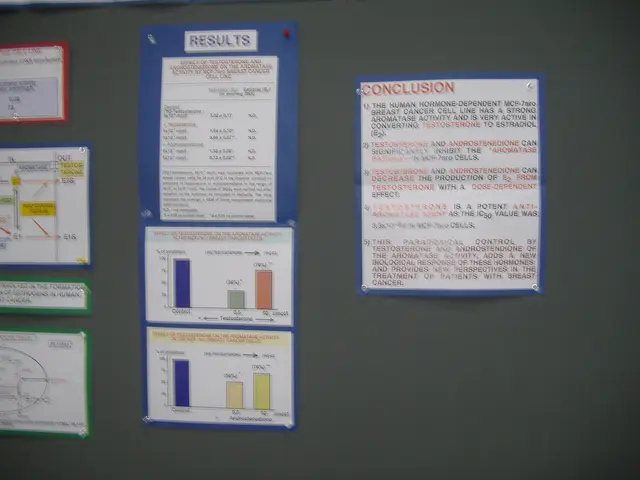Updated Income Tax Legislation 2025: Reasons for Withdrawal of Previous Bill and Key Modifications
Simplifying India's Tax Landscape: The Revised Income-Tax Bill, 2025
The Indian Parliament has introduced a new legislation, the Revised Income-Tax Bill, 2025, aimed at modernizing and simplifying the country's tax framework. This bill, set to replace the Income-Tax Act, 1961, incorporates recommendations from a parliamentary select committee to bring clarity, fairness, and adaptability to the tax system[1][3][4].
Key changes in the Revised Income-Tax Bill, 2025 include:
- Simplified Language and Structure: The bill has been redrafted using clearer, modern language, reducing the number of sections and clauses to make the law easier to understand and reduce litigation stemming from ambiguities[1][4][5].
- Unified Tax Year: The bill introduces a single term "Tax Year," replacing the previous separate terms "Previous Year" and "Assessment Year," streamlining the tax calculation timeline[4].
- Technology-Led Assessments: The bill grants the government broader authority to create schemes for faceless tax processes and assessments leveraging technology, enhancing efficiency, transparency, and reducing taxpayer interface[3].
- Specific Amendments: These include tax exemption for sovereign wealth and pension funds investing in infrastructure, a standard deduction of Rs. 75,000 for salaried individuals under the new regime, clarification on Unified Pension Scheme (UPS) deductions, and reforms to search and assessment procedures to improve Ease of Doing Business[2].
- Removal of Controversial Clauses: For instance, the new bill deletes a clause that blocked refunds for late filers, allowing genuine cases like illness or technical problems to be considered[5].
- Alignment and Corrections: The revised bill aligns phrases, cross-references, and removes redundant or contradictory provisions present in the 1961 Act to enhance clarity and fairness[1][4].
- Effective Date: The bill proposes to come into effect from April 1, 2026, allowing transition time from the old Act to the new framework[3].
Additional features of the Revised Income-Tax Bill, 2025 include simplified compliance, reduced interpretative disputes, advance rulings mechanisms, faster appellate processes, and reduced reliance on protracted tribunal hearings[1][3][4].
The success of the Revised Income-Tax Bill, 2025 depends on administrative readiness, particularly in terms of IT infrastructure, taxpayer awareness, and training for assessment officers. Post-implementation reviews of the bill will be conducted annually to fine-tune provisions[6].
If successful, the Revised Income-Tax Bill, 2025 could serve as a model for other legislative modernizations in India's economic governance. The bill represents one of the most significant overhauls of India's direct tax framework in more than six decades[7].
References: [1] https://www.livemint.com/news/india/revised-income-tax-bill-2025-key-provisions-explained-11603229090647.html [2] https://www.business-standard.com/article/economy-policy/budget-2022-key-provisions-of-the-revised-income-tax-bill-2025-122033000143_1.html [3] https://www.financialexpress.com/economy/budget/revised-income-tax-bill-2025-what-you-need-to-know/2446738/ [4] https://www.thehindubusinessline.com/economy/budget/budget-2022-the-revised-income-tax-bill-2025-in-a-nutshell/article44439567.ece [5] https://www.moneycontrol.com/news/business/personal-finance/revised-income-tax-bill-2025-what-you-need-to-know-7434301.html [6] https://www.livemint.com/news/india/revised-income-tax-bill-2025-to-be-reviewed-annually-finance-ministry-says-11603229107847.html [7] https://www.business-standard.com/article/economy-policy/revised-income-tax-bill-2025-a-long-awaited-reform-finally-here-122033000256_1.html
- The Revised Income-Tax Bill, 2025, a major overhaul of India's direct tax framework, is set to revolutionize the country's financial landscape, aligning it with modern business practices and policies.
- A successful implementation of the Revised Income-Tax Bill, 2025 could have far-reaching implications for India's political landscape, demonstrating a commitment to economic governance reform and facilitating ease of doing business.




